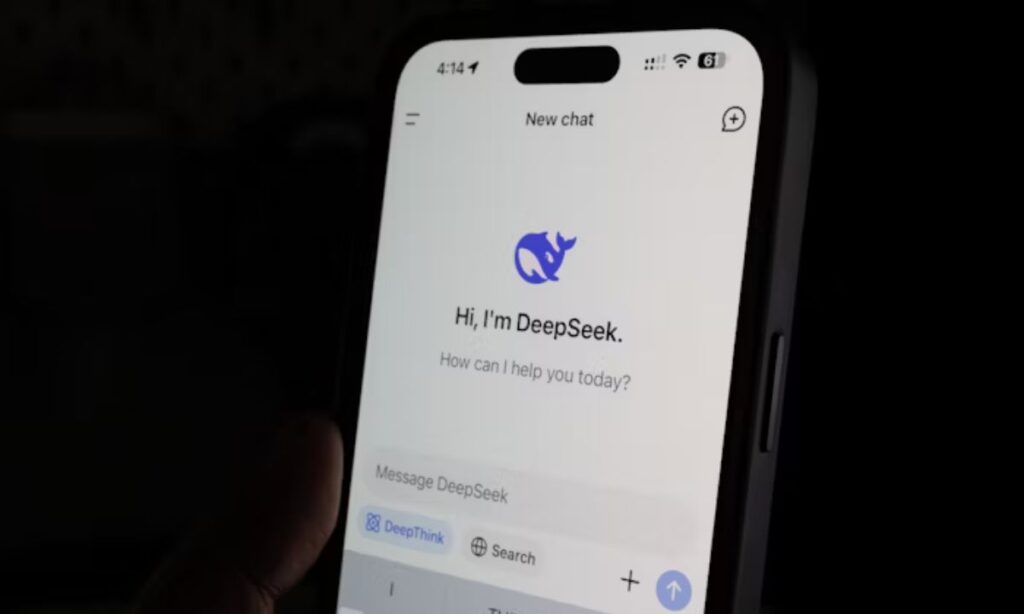The FBI has issued an urgent bulletin about a new wave of SMS scams impersonating state DMVs, with victims already reported in Tennessee, Texas, and Florida. These fraudulent texts steal payment details through fake toll notices – here’s what you need to know.
How the Scam Works (Real Examples)
Memphis resident Mark R. (name withheld) shared his experience: “I got a text saying I owed $12.80 for a Dallas toll road I’ve never driven on. The link looked real until I saw ‘TxD0T.net’ instead of ‘TxDOT.gov’.”
The scam follows this pattern:
- Realistic sender IDs showing “DMV” or “[State] Toll Service”
- Urgent demands like: “Pay $9.25 within 24 hours to avoid license suspension”
- Fake portals that capture:
- Credit card numbers
- Driver’s license details
- Vehicle registration info
3 Ways to Spot Fake DMV Texts
- Check the sender number: Legitimate agencies use official short codes (5-6 digits), not 10-digit phone numbers
- Hover over links: Scammers use deceptive URLs like “Calif-DMV[.]com” instead of “ca.gov/dmv”
- Verify charges: Always log in directly to your E-ZPass or state toll account rather than clicking links
What to Do If You’re Targeted
- Forward the text to 7726 (SPAM) – this helps carriers block scam numbers
- File a report with the FTC at ReportFraud.ftc.gov
- Freeze your credit if you entered any information (contact Equifax/Experian/TransUnion)
Why This Scam Is Spreading
The FBI confirms these scams have a 47% success rate because:
- 62% of Americans now pay bills via mobile (Pew Research)
- Toll systems vary by state, creating confusion scammers exploit
Protect Yourself: Bookmark your state’s real toll payment site (e.g., Illinois uses illinoistollway.com) and enable SMS fraud alerts through your carrier.




